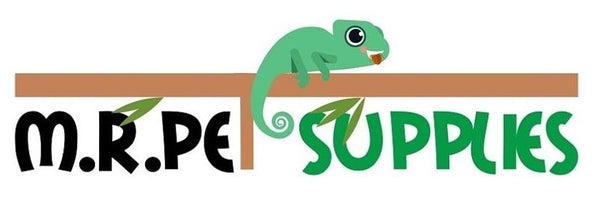
BLACK SOLDIER FLY LARVA FAQ and Info!
Share
BLACK SOLDIER FLY LARVA INFO AND QUESTIONS!

FAQ
Q: What pet animals can eat live black soldier fly larvae?
A: Dogs, cats, small mammals, poultry, songbirds, and insectivorous fish can all eat black soldier fly larvae. High in protein, black soldier fly larvae can boost your pet’s health. Consuming live larvae is preferred by naturally insectivorous animals.
Q: How do I introduce live Black Soldier Fly Larvae to my pet’s diet?
A: For pets that are accustomed to eating live insects, live black soldier fly larvae can easily be introduced into their diet. For animals that are new to an insect-inclusive diet, start by slowly introducing small amounts of black soldier fly larvae into their existing food.
Q: How do I store my black soldier fly larvae?
A: Please store live larvae in a dark, cool, and dry environment with proper ventilation. They are living creatures that need oxygen to survive.
Q: How long can I keep my black soldier fly larvae?
A: The shelf life of small black soldier fly larvae is between 1–2 weeks, while the large larvae have a shelf life of 5–7 days.
Q: Why are my black soldier fly larvae turning black?
A: Your black soldier fly larvae will turn black when they have begun to pupate (turn into cocoons) and are reaching the end of their shelf life. Please use the larvae as soon as possible if you notice a color change to black.
Q: What is the residue amongst my black soldier fly larvae?
A: Your black soldier fly larvae box may contain trace food residues. Our black soldier fly larvae are fed a 100% plant-based diet that is obtained from clean sources. You may notice an odor from the fermentation of food residues, but the product remains safe to use.
Q: Why are my black soldier fly larvae warm?
A: Like us, black soldier fly larvae produce body heat! Please store them in a cool, dark, and ventilated area to prevent overheating.
Hermetia illucens are what these flies are called scientifically.
